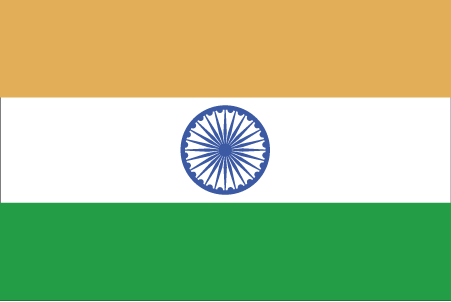Resolution #213
 |
The question of ethical organ transplants |
| Committee: SOCHUM | |
| Main Submitter: India | |
| Submitted: 02/04/2022 10:37 |
| Status |
|---|
| Passed cosubmitter sheet validation |
| Approved by approval panel |
| Selected for debate by secretariat |
| Failed by committee (SOCHUM) |
Committee Voting
| For: | 17 |
| Against: | 19 |
| Abstentions: | 3 |
Options
Co-submitters
Resolution
FORUM: The Social, Humanitarian & Cultural Committee
SUBMITTED BY: India
TQO: Ethical Organ Transplants
CO-SUBMITTER: South Africa, Ireland, Spain, Cambodia, Pakistan, Sweden, Croatia, Norway, Malta, Iran, Poland, Fiji, Monaco, Czech Republic, Chile
THE SOCIAL, HUMANITARIAN & CULTURAL COMMITTEE,
Defining organ trafficking as the threat or use of force or other forms of coercion, abduction, fraud, deception, abuse of power or vulnerability, or the giving to, or receiving by, a third party of payments or benefits to achieve the transfer of control over a potential donor, for the purpose of exploitation by the removal of the organs,
Emphasising that the gap between organ supply and demand is forever widening and that new laws, strategies and policies should be created to improve this situation, taking into account the ethical aspects, in order to increase organ donation,
Fully aware it has also led to the sale of organs for financial gain by entrepreneurs in some parts of the world, resulting in the exploitation of the poor for the advantage of the wealthy,
Alarmed by the danger of excessive influence, and recognising that emotional pressure, and coercion are major ethical problems surrounding organ donation by living relatives,
Fulfilling the risk of surgical complications in living donor surgery is 5% to 10% risk and the risk of death is 0.5% to 1%,
1. Calls for patients who have decided to donate their organs with a full explanation in advance, including mental health care and risks of doing it;
2. Calls upon the United Nations to cooperate with member countries to establish regulations which includes:
a) Making sure that patients are provided with enough accurate information including mental health care and risks such as:
i. possibility of rejection of the organ in the receiver's body
ii. regretting the decision of donating the organ
b) promoting a campaign about organ transplantation when people's own organs were potentially available for donation after their death;
3. Invites the United Nations Organ Sharing (UNOS), to work in collaboration with WHO to:
a) monitor data around the successes and failures of organ transplants and particular details relating to problems
b) inform WHO of this data in a bi-annual meeting in Geneva so that they can adjust their recommendations and guidelines on organ transplants
c) publish this data annually and make it available to doctors and where appropriate;
4. Endorses the launch of an international education program to be carried out to all people over the age of 16 in places such as, but not limited to, local community centres and mobile education units funded by the world bank with the aims of:
a) creating awareness about the lack of organs donated
b) providing information about how they can become a donor
c) educating people about the vast number of people waiting to receive organs
d) informing people about their rights as an organ donor
e) providing those taking part with information on the risks of ethical and unethical organ transplants
f) this program would be hosted by a panel of surgical professionals;
5. Urges governments to remove disincentives, as these impair organ donations and the transplant system. If such a discouragement were to be removed, it would allow us to benefit from the many advantages organ transplantations supply us with;
6. Requests that all member states provide those who have been harmed by unlawful organ transplantation with the opportunity to have their organ trafficker brought to justice certain ways in which we can prevent organ trafficking include but not limited to:
a) recommends the implementation of laws that prohibit organ trading and trafficking, ensuring approval is needed from the relevant bodies is needed to obtain the necessary medical equipment
b) invites for excessive monitoring of the 'dark websites' which is defined as: the part of the World Wide Web that is only accessed by the means of special software, allowing users to remain anonymous and untraceable. This could be connected to illegal organ trafficking rings;
7. Recommends the formation of a sub-committee from UNOS to be responsible for this;
8. Suggests that member nations complete a full review of any pre-existing laws regarding human organ trafficking and encourages the drafting of new legislation which would protect citizens from illegal black-market organ harvesting on trafficking.